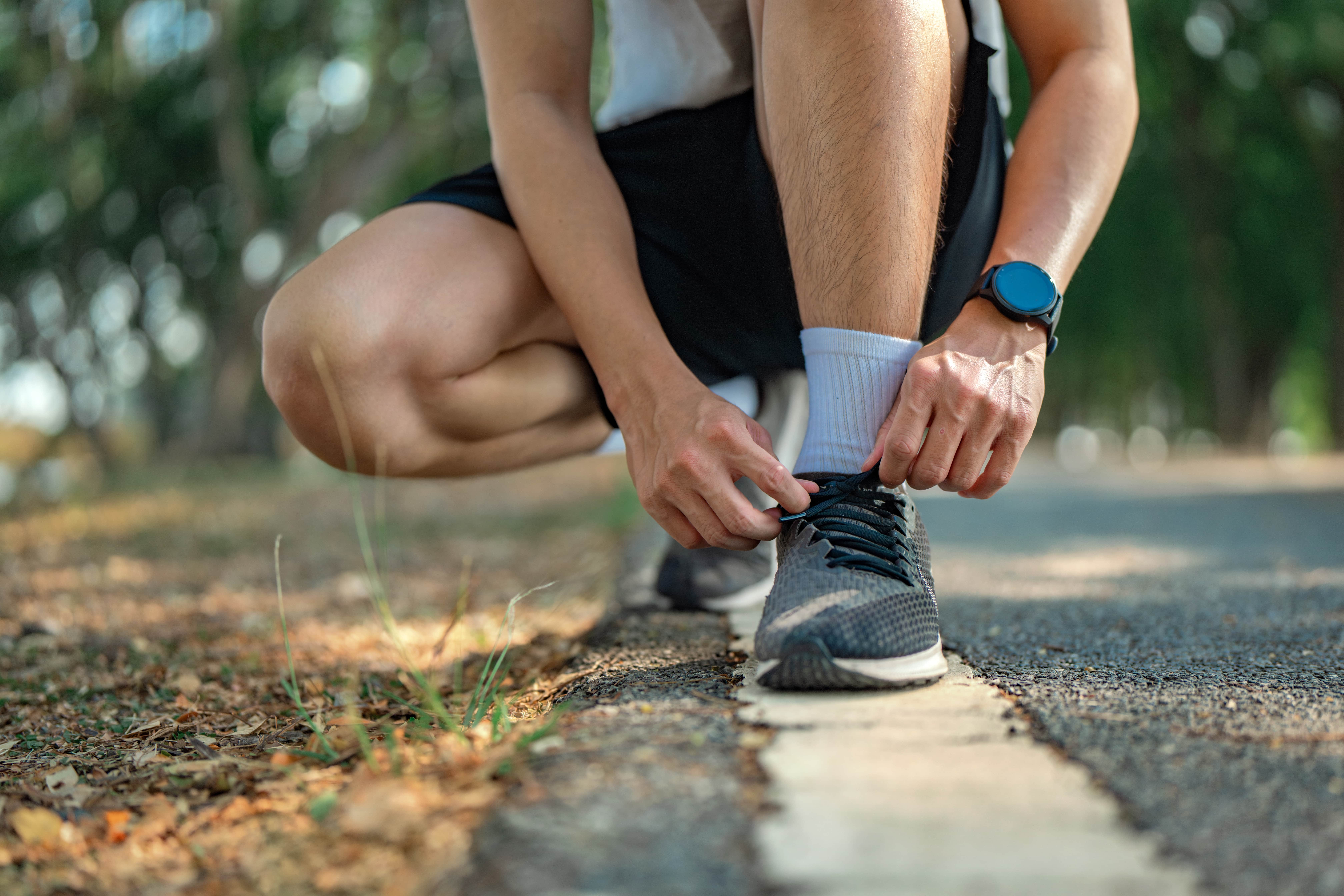Cancer is the leading cause of death worldwide, affecting millions of people annually. In many cases, however, there is opportunity to prevent the disease with healthy lifestyle choices. While no single strategy guarantees complete prevention, and genetics also play a role in some cases, making lifestyle choices related to diet, exercise and daily habits can significantly lower your cancer risk. Here are a few lifestyle changes you can focus on to help reduce your risk.
Eat a Nutrient-Rich Diet
Focusing on a diet rich in fruits, vegetables, whole grains and lean protein is essential to your overall health, and has been proven to lower your risk of cancer. These foods are packed with essential vitamins, minerals and antioxidants that help keep you healthy and fight cancer. Try to include each of these food groups in every meal, and eat a variety of colorful plant-based foods as they are known to help protect cells from damage. Also remember to reduce your consumptions of processed foods, excessive red meat, fried foods and food that is high in sugar.
Maintain a Healthy Weight
Excess body weight is linked to several cancers including breast, colon and pancreatic cancer. Maintaining a healthy weight can reduce inflammation, regulate hormones and improve your immune system. To stay at a healthy weight, focus on balancing caloric intake with physical activity, and incorporate whole foods into your diet. Avoid crash diets that can be unsustainable and cause more weight gain down the road.
Exercise Regularly
Exercise is a crucial part of living a healthy lifestyle, and is proven to improve both physical and mental health. Physical activity also reduces stress, promotes weight loss, and can regulate hormone levels that are associated with cancer. Aim for at least 150 minutes of moderate-intensity exercise or 75 minutes of high-intensity exercise each week. It is key to find something you enjoy doing and stick with it. If you love to be outside, find an exercise that you can do while enjoying the outdoors. It can also be helpful to find an exercise partner or join a group class, providing motivation and accountability.
Quit Smoking
If you currently smoke, it is important to take the steps to quit. Smoking and tobacco are among the leading causes of lung cancer as well as several others. Quitting smoking at any age can significantly reduce your cancer risk. Quitting can be hard, so it is important to seek support from family, friends or professionals to improve your chances of quitting successfully. If you do not smoke, it is also important to avoid secondhand smoke, which can also be harmful.
Limit Alcohol
Alcohol consumption is known to be linked to severe types of cancers including breast, liver and esophageal cancer. Alcohol can damage DNA and impair the body’s ability to repair cellular damage. If you do choose to drink alcohol, make sure to do so in moderation. This means no more than one drink per day for women and two for men.
Protect Your Skin
One of the most preventable types of cancer is skin cancer, including melanoma. When spending time outside, minimize sun exposure by wearing broad-spectrum sunscreen with at least SPF 30, find a shady spot and wear protective clothing like hats, long sleeves and sunglasses. Avoid using tanning beds as they emit harmful UV radiation that will increase your risk of skin cancer. Make sure to regularly check your skin, keeping an eye out for moles that have changed or recently appeared.
Get Necessary Screenings
As early treatment is essential with cancer, routine screenings can help detect cancer early. Schedule your recommended screenings such as mammograms, colonoscopies, pap smears and skin checks based on your age, gender and family history. Consult your primary care physician or healthcare provider to decide the right screening schedule for you.
These small, consistent lifestyle changes can make a big difference in your overall health and help reduce your risk of cancer. Instead of starting them all at once, make small changes over time to help you stay on track. The team at Southwoods Health is committed to your health and wellness. For more tips on overall health, visit the blog page on our website.



